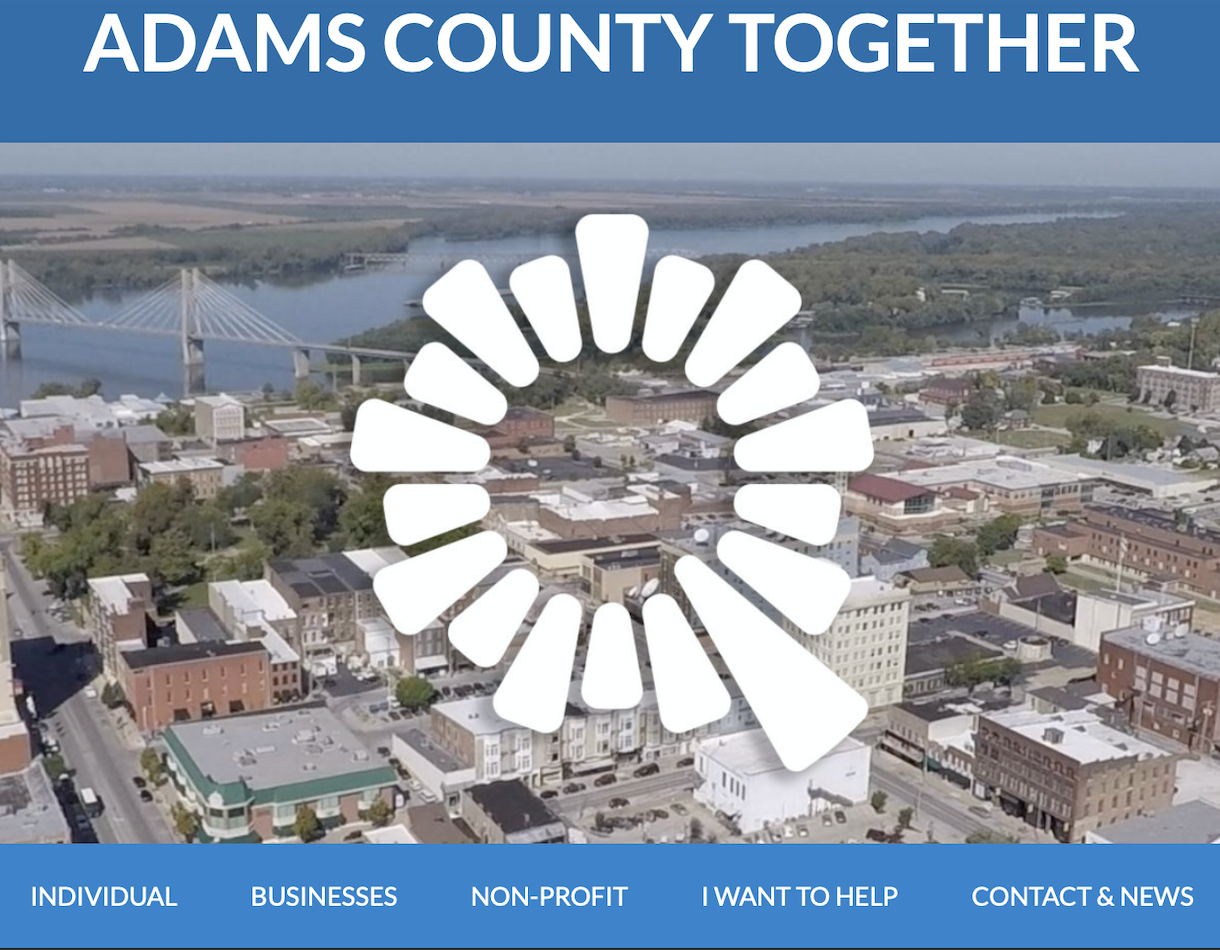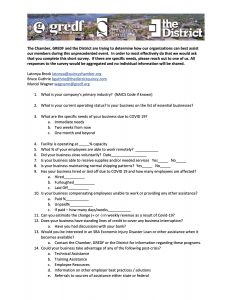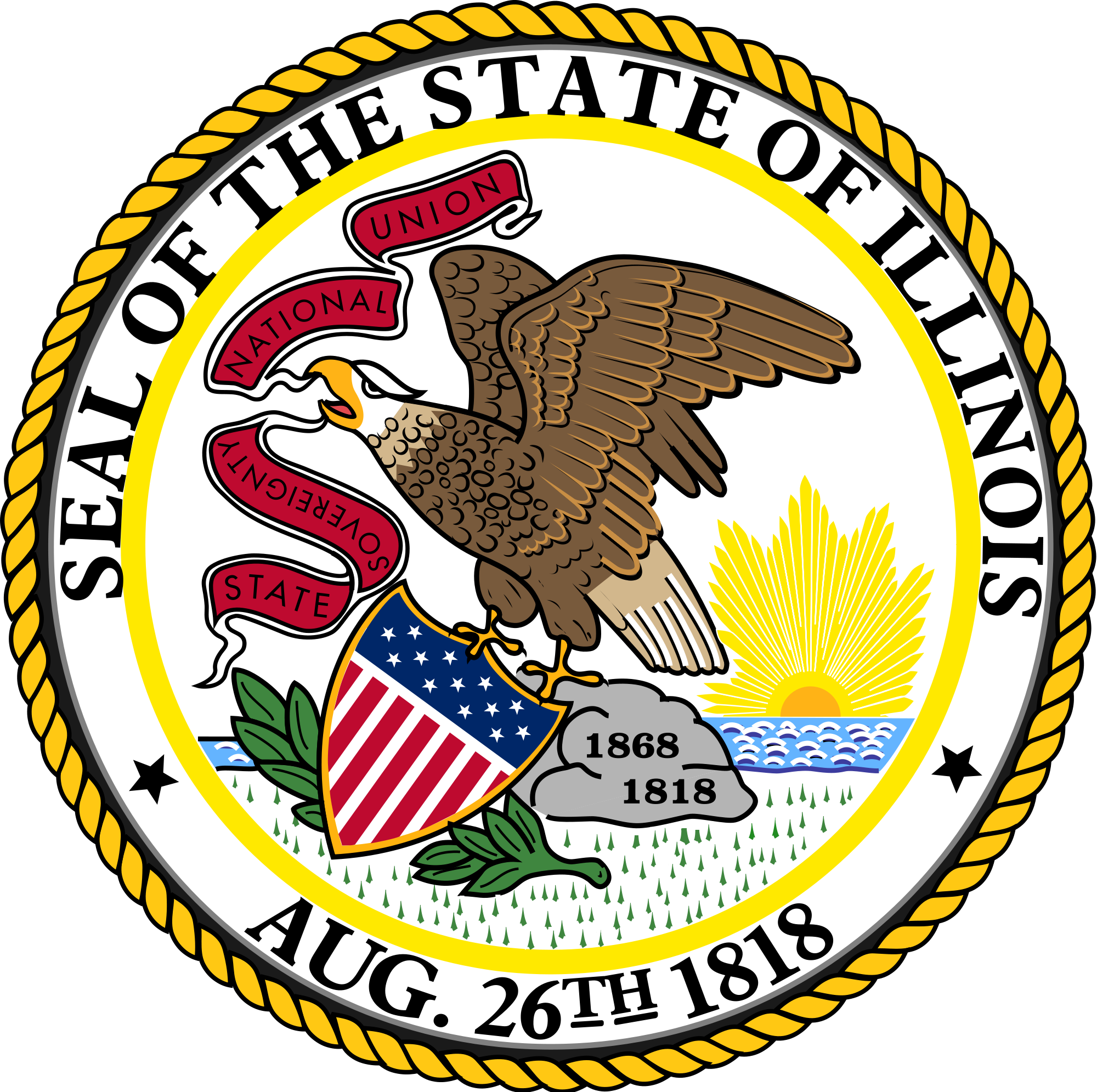On Friday, March 20th, Governor Pritzker issued Executive Order 2020-10 requiring all Illinoisans to stay in their homes to prevent the further spread of COVID-19. The order prohibits things like visiting the homes of friends and holding gatherings of any size and closes all nonessential establishments, including most retail, recreation and entertainment businesses. It does NOT prohibit essential activities like going to the grocery store, receiving medical care, or taking your pet for a walk. For more information on what this order means for you, please see below.
When does the order take effect?
The order will take effect Saturday, March 21st at 5pm CST.
Where does the Stay at Home order apply?
The Governor’s executive order includes the entire state. Unless you work for an essential business or are doing an essential activity, you should stay home.
Is this mandatory or just guidance?
This order is mandatory. To help prevent the further spread of COVID-19 in Illinois and protect our friends, neighbors, and vulnerable populations, please stay home.
How will this order be enforced?
Staying home is critical to reducing the spread of COVID-19 in your community. The Illinois State Police will work with local law enforcement to enforce this order but adhering to the order will save lives and it is the responsibility of every Illinoisan to do their part.
Will the Illinois National Guard be enforcing this order?
No. The Illinois National Guard will be supporting logistics, transportation, and medical response efforts. The Guard will not be enforcing this order.
I work in an essential service. How will the police know I’m allowed to be outside my house?
Law enforcement officials will not stop residents who are on their way to or from work or who are out for necessities like going to the pharmacy or getting groceries, or just taking a walk. Illinoisans should abstain from all nonessential activities. Adhering to the order will save lives and it is the responsibility of every Illinoisan to do their part.
Will grocery stores be open?
Yes, essential services will still be operational including, but not limited to:
- Grocery stores
- Gas stations
- Pharmacies
- Police stations
- Fire stations
- Hospitals, clinics and healthcare operations
- Garbage/sanitation
- Public transportation
- Public benefits (i.e. SNAP, Medicaid) hotlines
- A full list can be found in the executive order at coronavirus.illinois.gov
How can I get medical care if I need it?
If you are feeling sick, call your doctor, a nurse hotline, any telehealth hotline set up specifically for COVID-19 (check with your insurance company) or an urgent care center. Do not go to an emergency room unless necessary. Nonessential medical care like eye exams and teeth-cleaning should be postponed. When possible, healthcare visits should be done remotely. Contact your healthcare provider to see what tele-health services they provide.
What is the guidance for individuals with intellectual and developmental disabilities?
State Operated Developmental Centers, Intermediate Care Facilities for Individuals with Developmental Disabilities and Community Integrated Living Arrangements will continue to provide care. All in-home direct care staff are considered essential staff and should continue to support individuals in the home setting.
If you have any specific questions about your support and services, please reach out to your provider or Individual Service Coordination (ISC) Agency. To receive updated information on DDD services, please sign up for our email database, or to update your contact and service information, please visit www.DDD.Illinois.gov .
What if I still have to go to work?
Unless your work is an essential function (i.e. healthcare provider, grocery store clerk, first responder), you should stay home. If you have been designated essential by your employer, you should continue to go to work and practice social distancing.
What if I think my business should be closed but I’m still being asked to operate?
Essential businesses will remain open during the Stay at Home order to provide services that are vital to the lives of Illinoisans. Those businesses include, but are not limited to, pharmacies, certain government offices, day care centers that provide care for the children of essential employees, and restaurants providing take-out meals. If you work for an essential business, you should continue to practice social distancing and should stay at home outside of work hours. If you believe your business is nonessential but are still being asked to show up to work, you may discuss with your employer.
Can I order food/groceries?
Yes, grocery delivery will be available as well as meal-delivery, drive through, and take-out options.
A certain service is essential for me, but the Governor didn’t include it, what do I do?
The Stay at Home order was issued to protect the health, safety and well-being of Illinoisans. While some businesses like fitness centers and salons will be closed, essential services will always be available. For a full list of businesses that will still operate during the order, visit coronavirus.illinois.gov.
Will public transportation and ridesharing be available?
Public transportation and ridesharing should be used for essential travel only. When possible, walk or drive yourself.
Will roads in Illinois be closed?
No, the roads will not be closed in Illinois. You should only travel if it is essential to your work or health.
Can I take a flight out of state?
Planes and any other form of travel should only be used for essential purposes.
What if my home is not a safe environment?
If it is not safe for you to remain home, you are able and urged to find another safe place to stay during this order. Please reach out so we can help. You may call the domestic violence hotline at 1-877-863-6338 or contact your local law enforcement.
What about homeless people who can’t stay at home?
The administration wants to protect the health and safety of all Illinoisans, regardless of where they live. State agencies are partnering with community organizations to provide funding and resources to ensure our homeless population has safe shelter.
Can I visit friends and family?
For your safety, as well as the safety of those in your community, you should remain at home to help fight the spread of COVID-19. You may visit family members who need medical or other essential assistance, such as ensuring an adequate supply of food.
What about my pet?
You are allowed to walk your dog and seek medical care for your pet should they require it. Be sure to practice social distancing while out on walks, maintaining at least 6 feet from other neighbors and their pets.
Does the Stay at Home order mean I can’t take my kids to the park?
State parks will be closed during the Stay at Home order. Families will still be able to go outside and take a walk, run, or bike rid but should continue to practice social distancing by remaining 6 feet away from other people. Playgrounds are closed because they pose a high risk of increasing transmission.
What is the difference between the Stay at Home order and social distancing?
Social distancing is an important first step in preventing the spread of a disease like COVID-19 that allows people to go about their daily activities while taking extra health and safety precautions. The Stay at Home order requires people to remain in their homes unless they have an essential job or are doing an essential task like going to the grocery store or walking a pet.
Can I leave home to go to religious services?
Large gatherings, such as church services, will be cancelled to prevent the spread of COVID-19.
Can I leave home to exercise?
Yes. Outdoor exercise like running or taking a walk is perfectly acceptable; however, exercise gyms, fitness centers and associated facilities will be closed to reduce the spread of coronavirus. While exercising outside, you should still practice social distancing by running or walking at least six feet away from other people.
Can I pick up meals being provided by my child’s school?
Yes. Schools that provide free food services to students will continue on a pick-up and take-home basis. However, if you are experiencing symptoms or are currently in isolation, you should stay at home and follow the guidelines provided by your physician.
Can I go out to do laundry?
Yes. Laundromats, dry cleaners and laundry service providers are considered essential businesses that will remain open. However, if you are experiencing symptoms or are currently in isolation, you should stay at home and follow the guidelines provide by your physician.
Can I take my child to day care?
If you are considered an essential worker under the Order, you can take your child to a day care that is licensed on an emergency basis for the purpose of childcare for essential workers. Licensed day care homes for up to 12 children will be closed but may reopen as an unlicensed day care home for up to 6 children.








